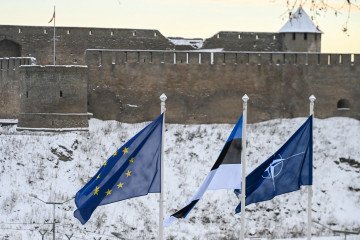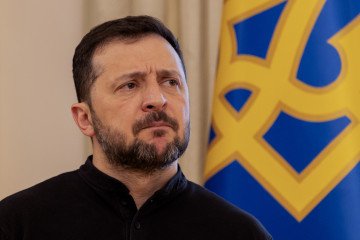Vladimir Putin stated that Russia is not lowering the threshold for Russia's use of nuclear weapons but refining it while maintaining a restrained approach on all fronts.
"We are not tightening our nuclear doctrine; we are refining it," Putin said during a meeting of the Council for the Development of Civil Society and Human Rights.
The Russian leader continued stating that Russia should focus not on refining its nuclear doctrine but on developing the Oreshnik missile system.
"Because, if you think about it, a sufficient number of these modern weapons systems practically eliminates the need to use nuclear weapons. That’s why we are acting with considerable caution on all fronts—I would even say with restraint. However, where necessary, we demonstrate the required will, both at the state level and among the citizens of the Russian Federation who live here, want their children to live here, and consider Russia their homeland. They are ready to do whatever it takes to strengthen it," Putin said.
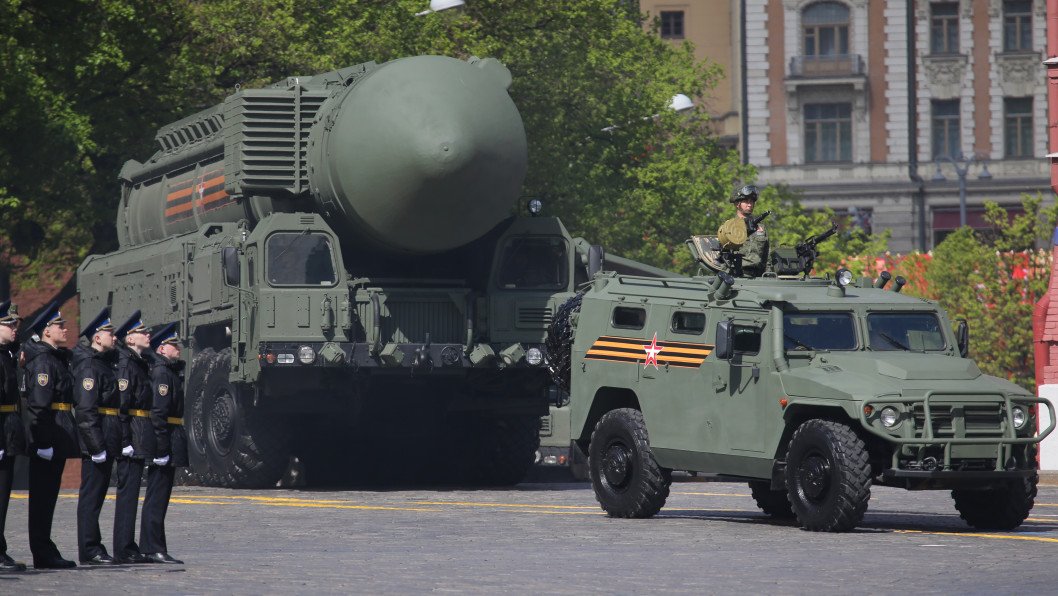
On December 6, Putin and Belarusian leader Alexander Lukashenko signed a mutual security agreement. Putin noted that the pact encompasses the use of all available forces, including Russian tactical nuclear weapons deployed in Belarus, to safeguard the defense of both nations.
After signing the agreement on security guarantees, Lukashenko asked Putin to deploy new weapons systems in Belarus, including the "Oreshnik" system, which Putin has frequently mentioned recently.
On November 21, Ukrainian Air Forces reported that Russia launched an intercontinental ballistic missile on the city of Dnipro, Ukraine, for the first time since the start of the full-scale invasion. Later that day, Putin confirmed that Russia had launched its latest ballistic hypersonic missile Oreshnik at Ukraine.
-f88628fa403b11af0b72ec7b062ce954.jpeg)
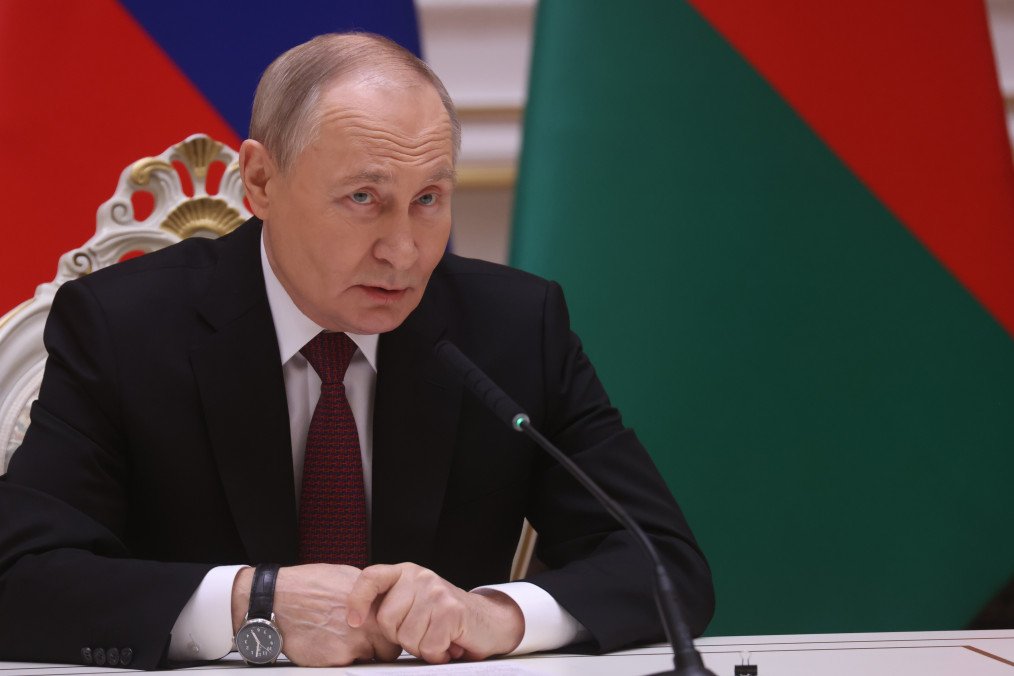
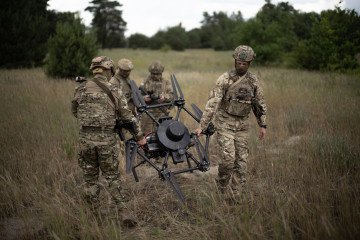
-c439b7bd9030ecf9d5a4287dc361ba31.jpg)
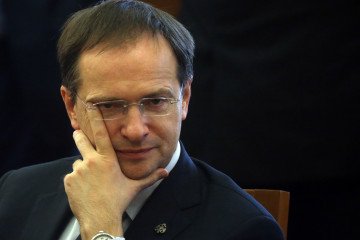
-111f0e5095e02c02446ffed57bfb0ab1.jpeg)
